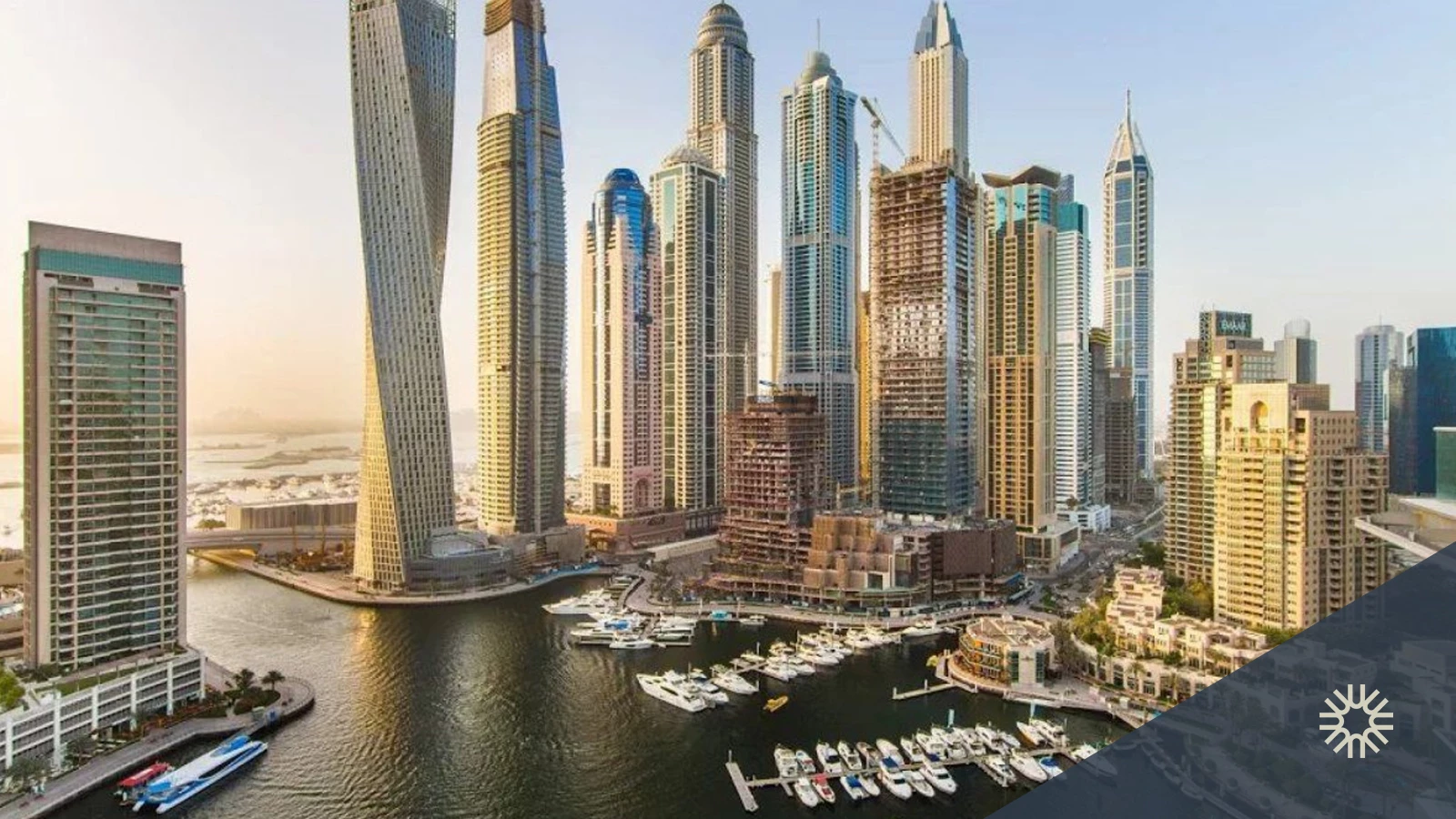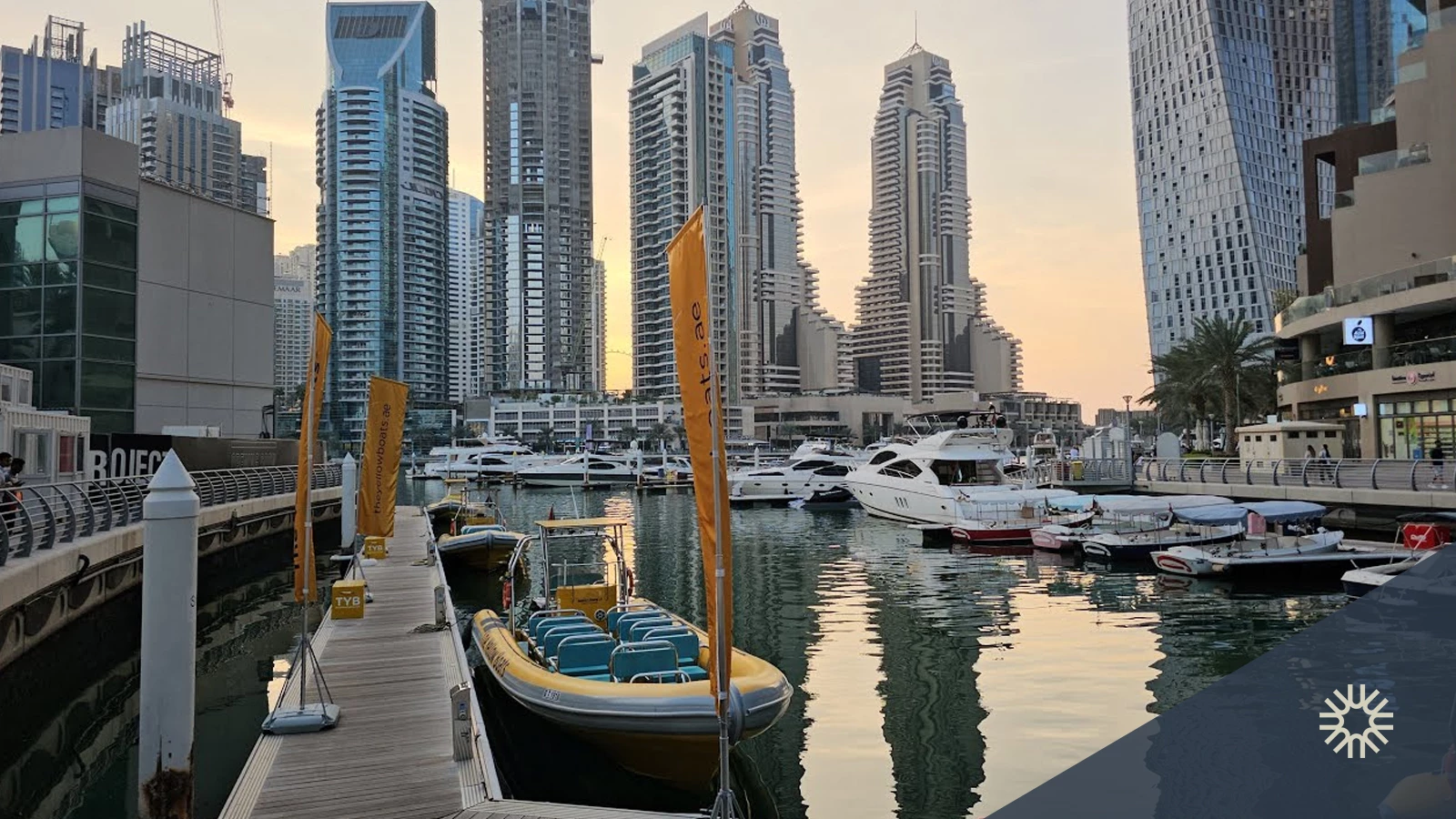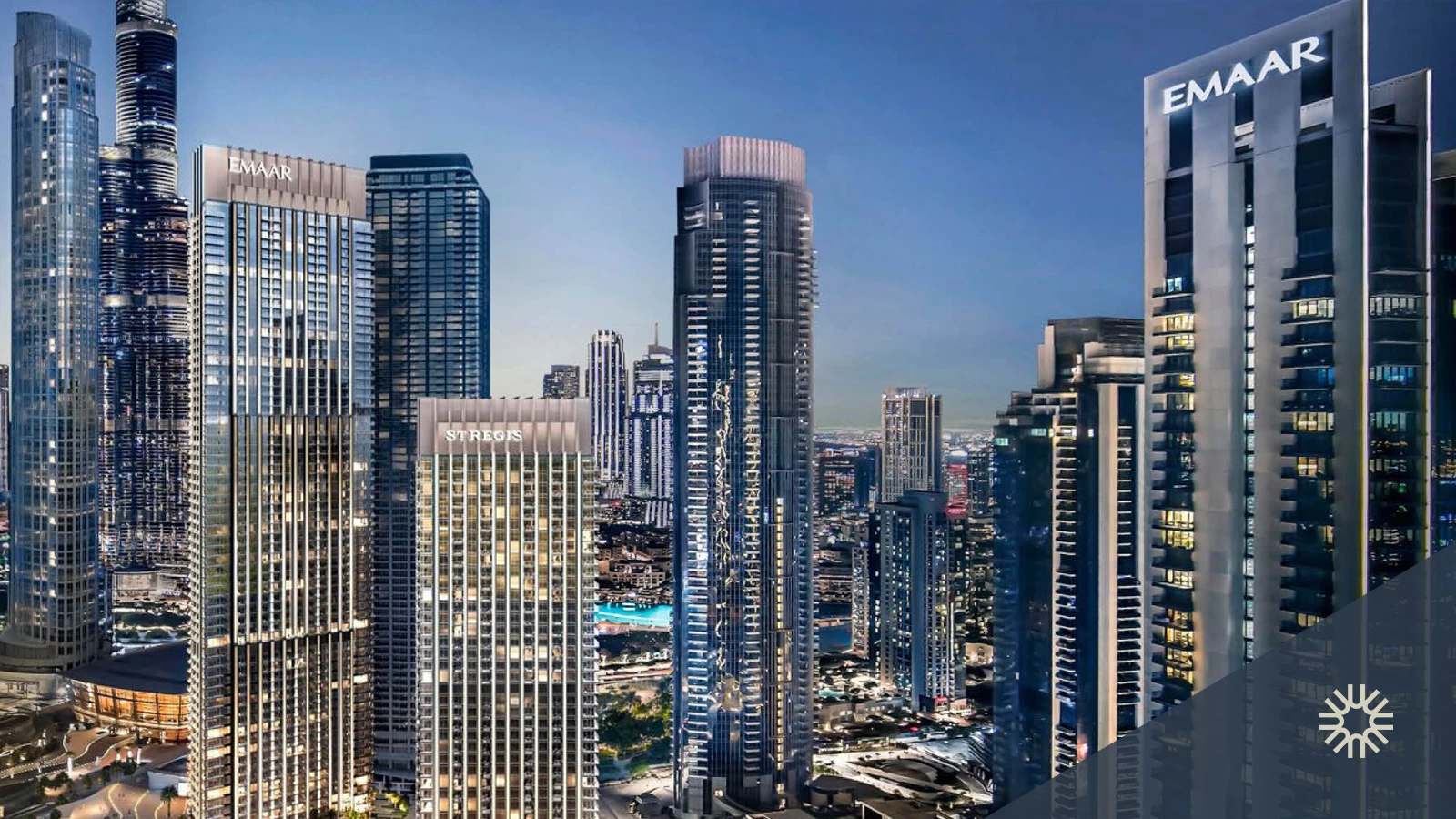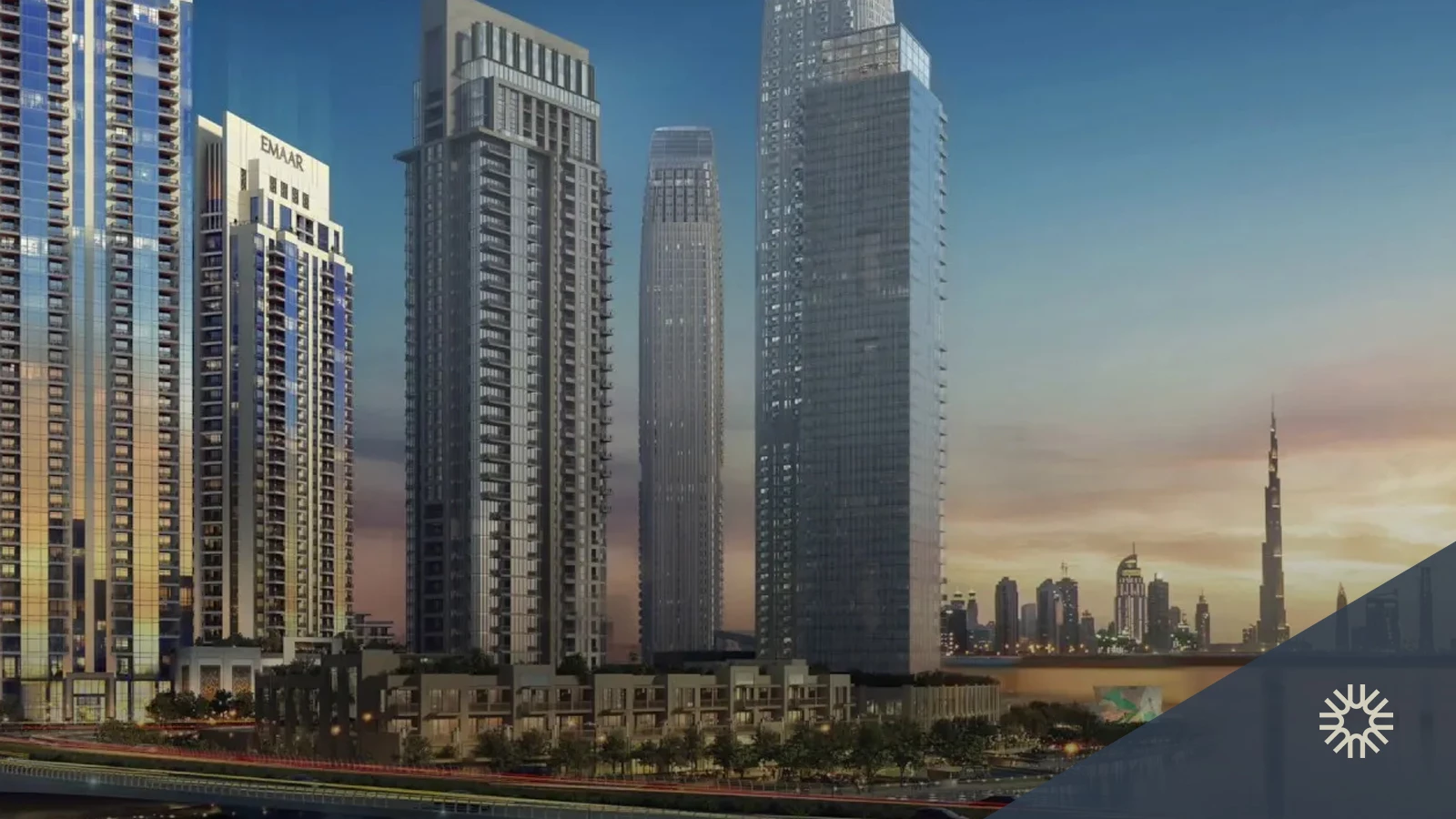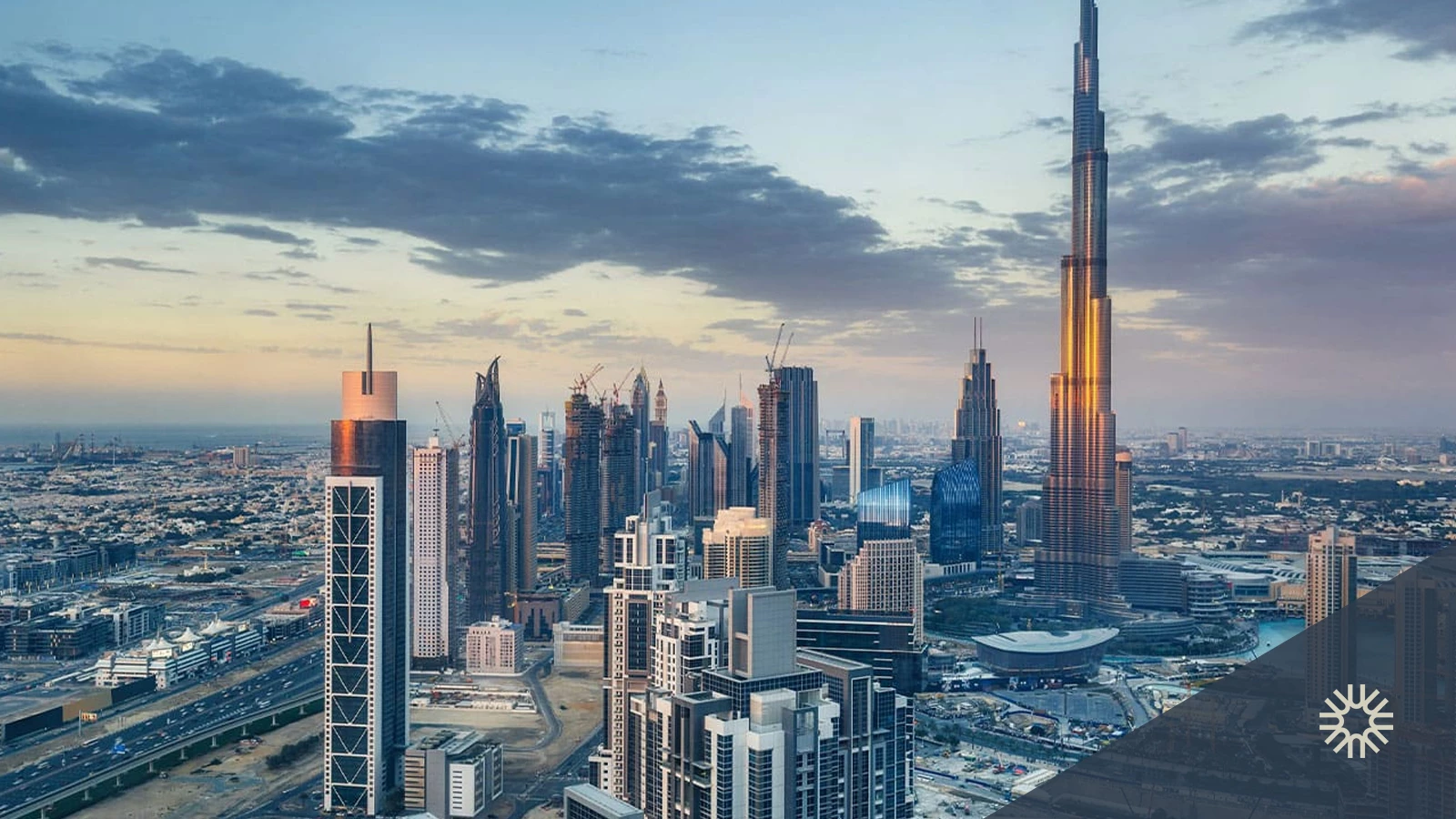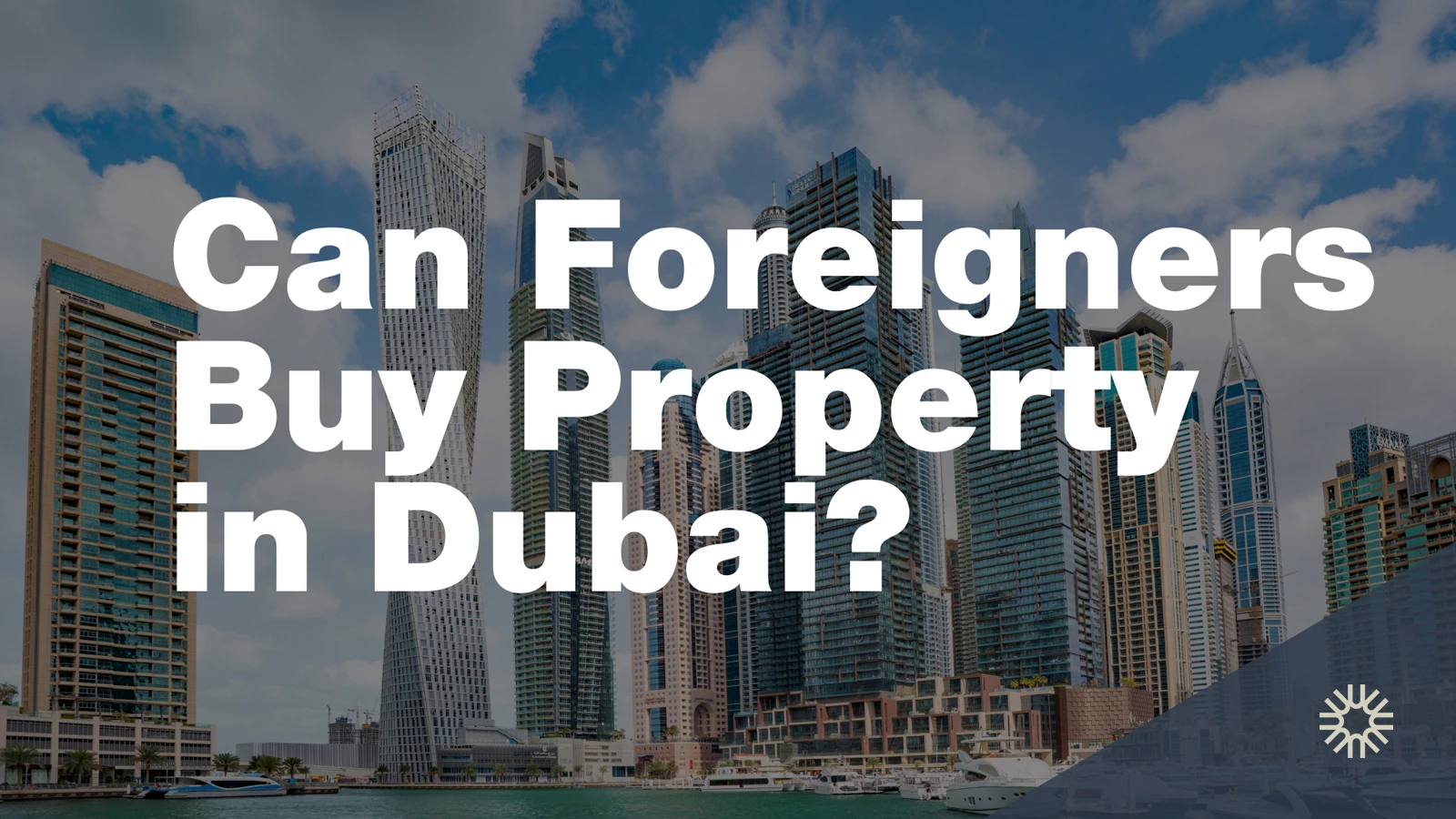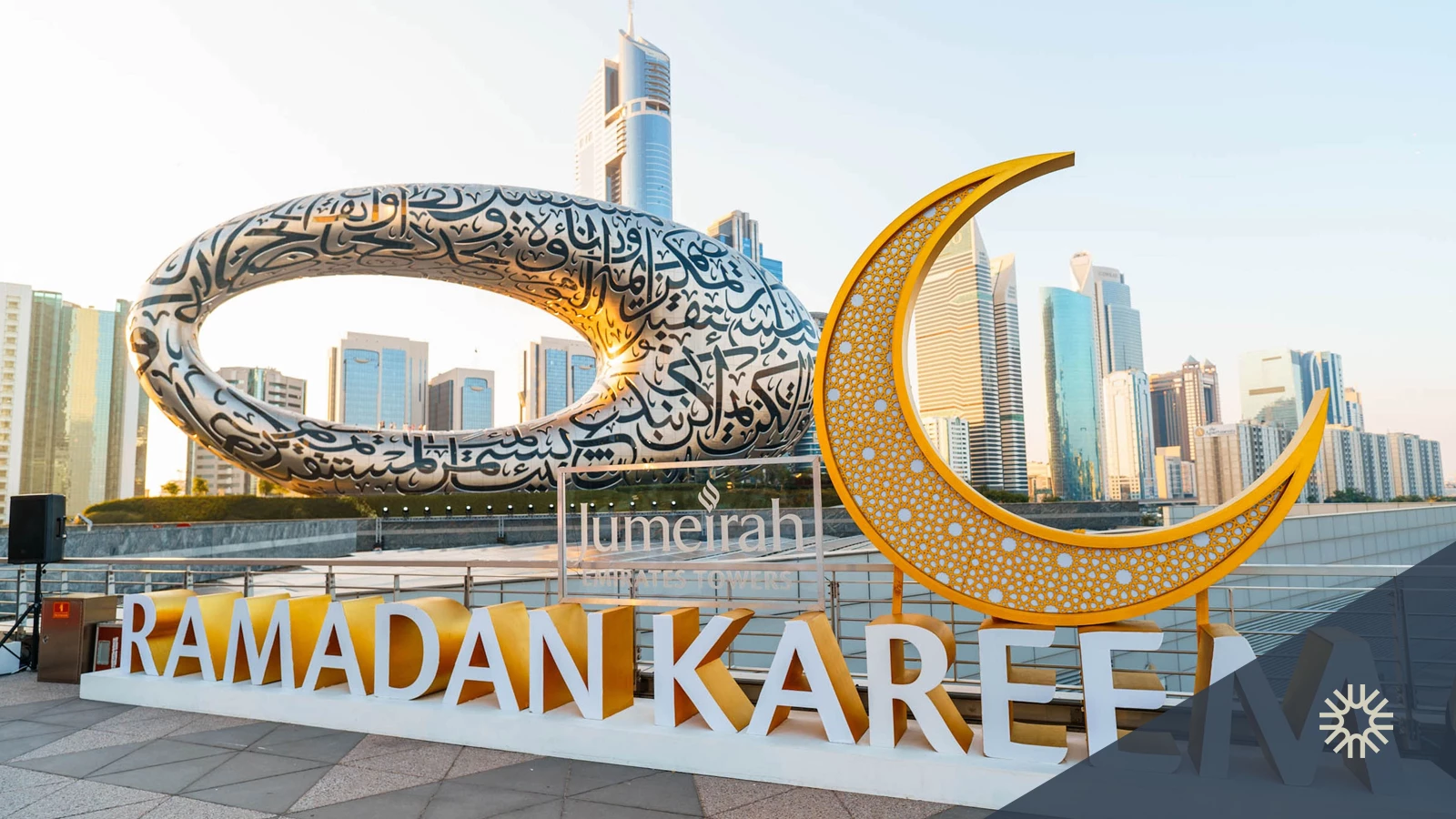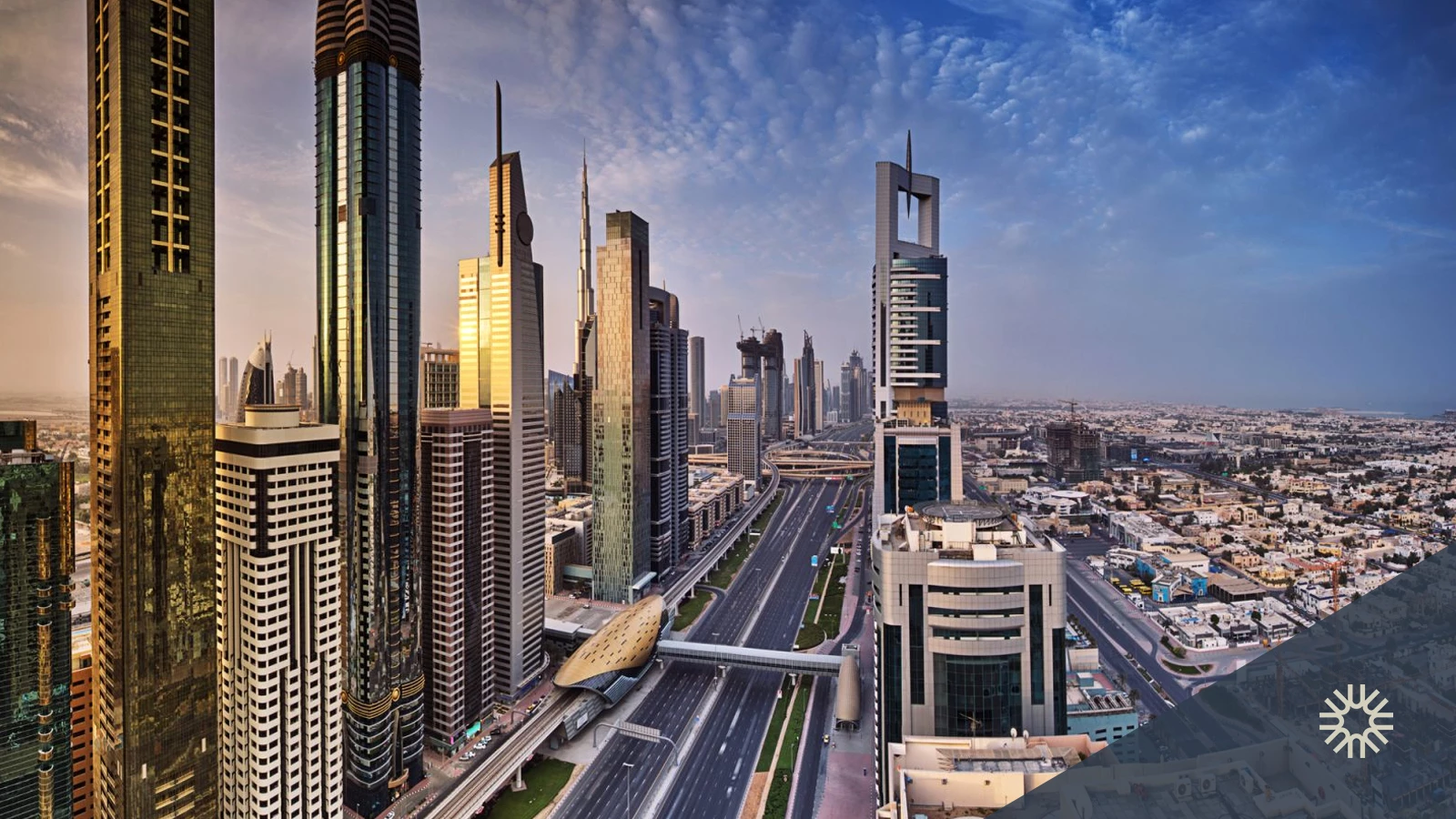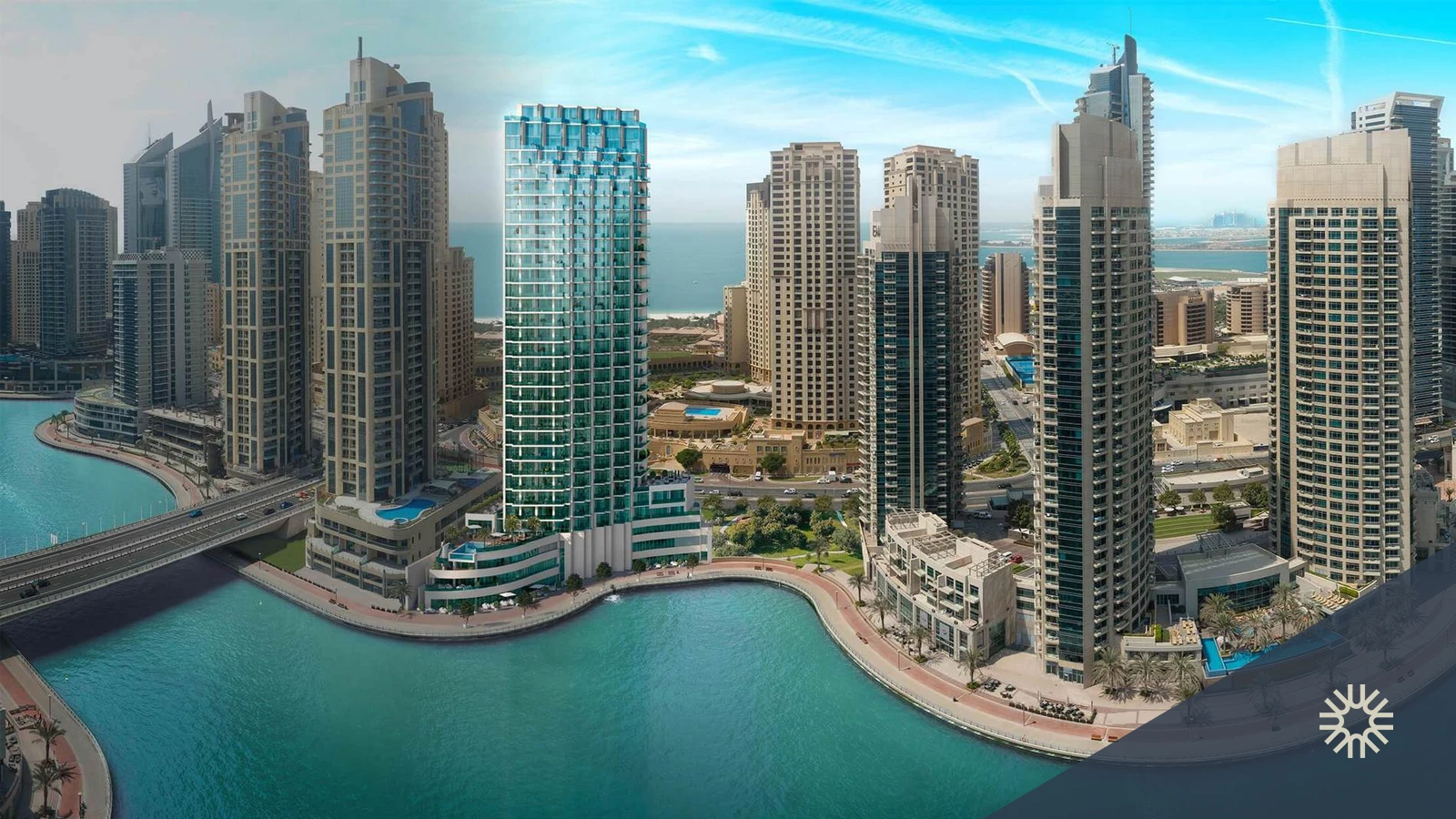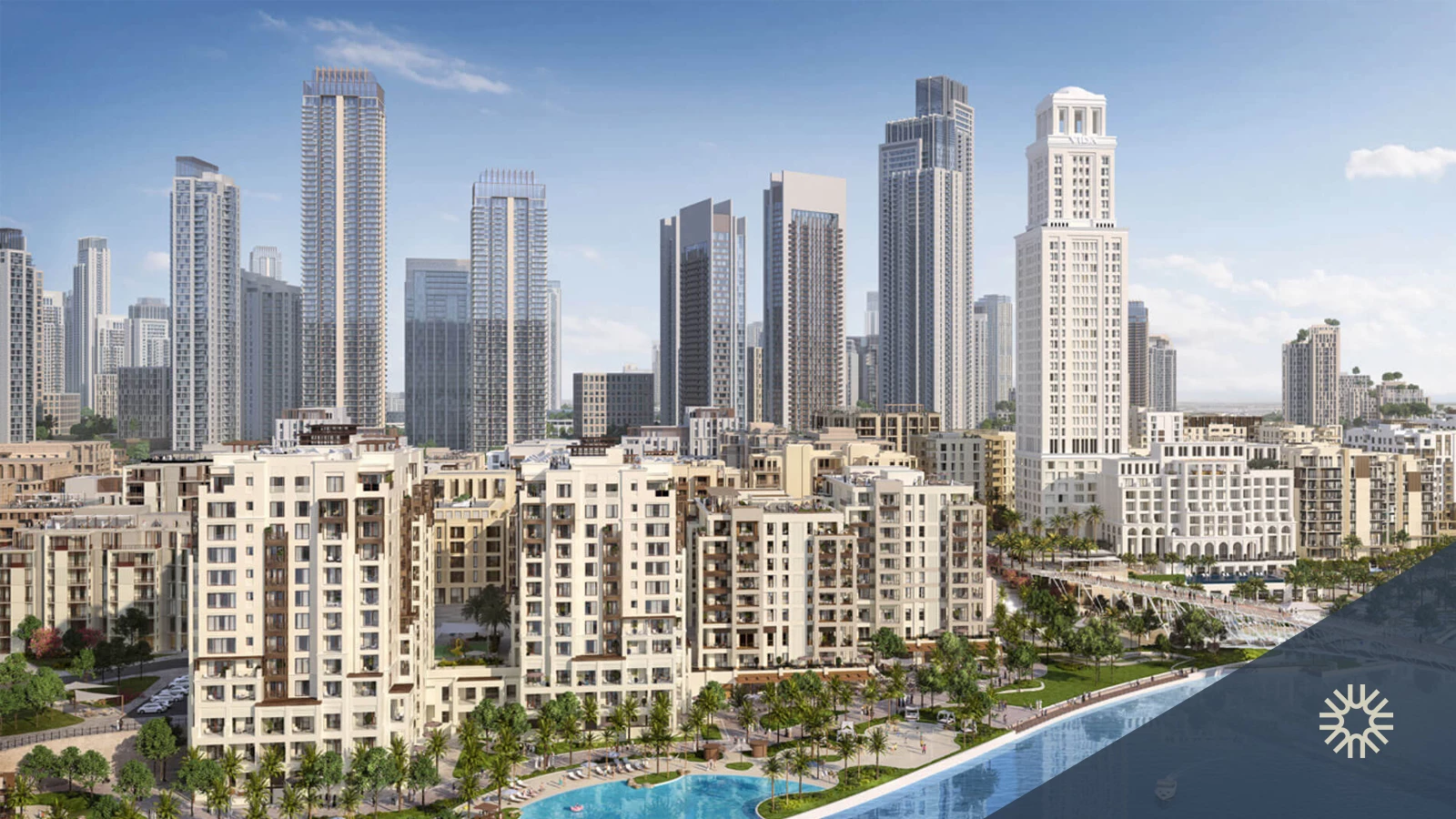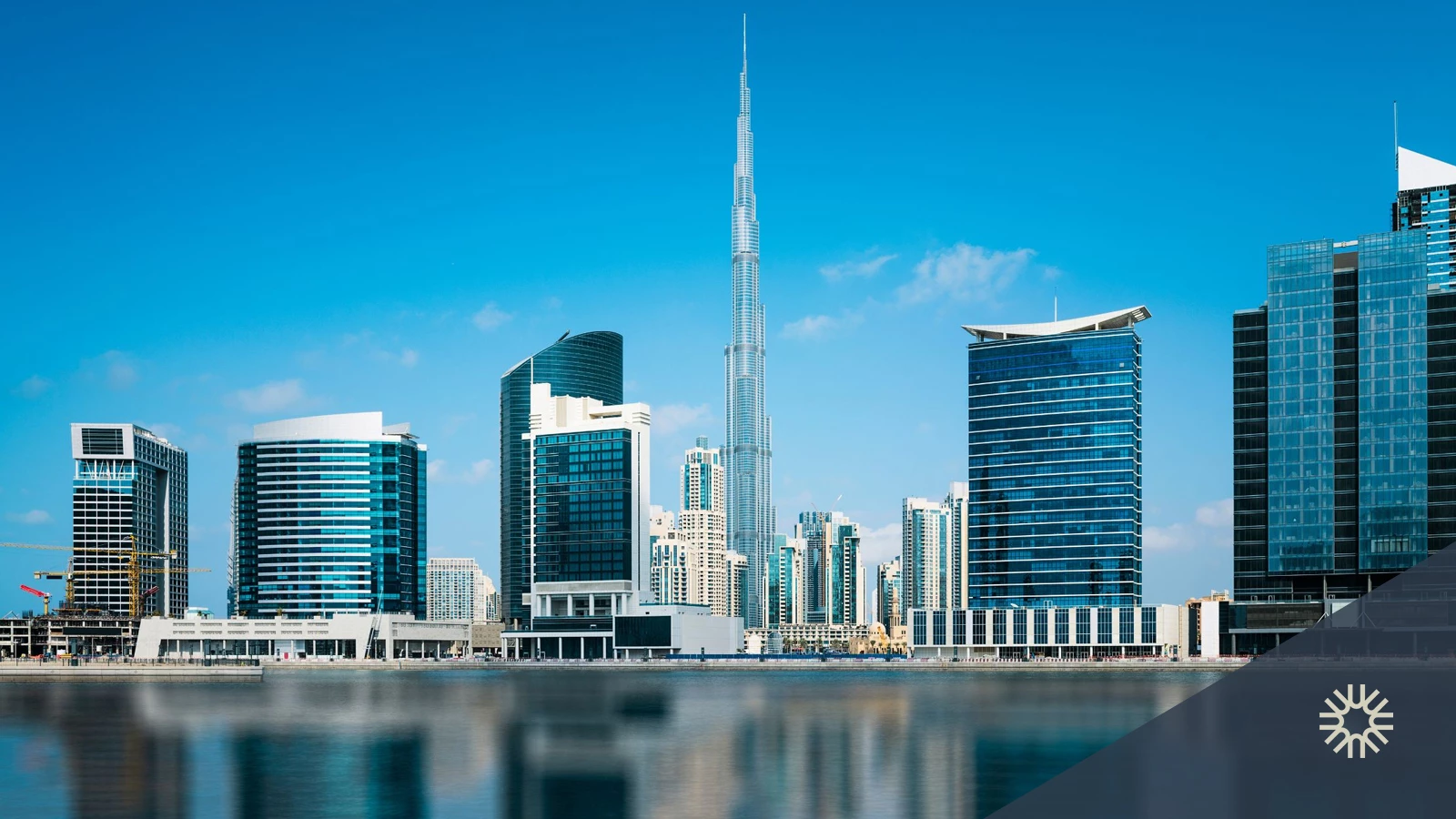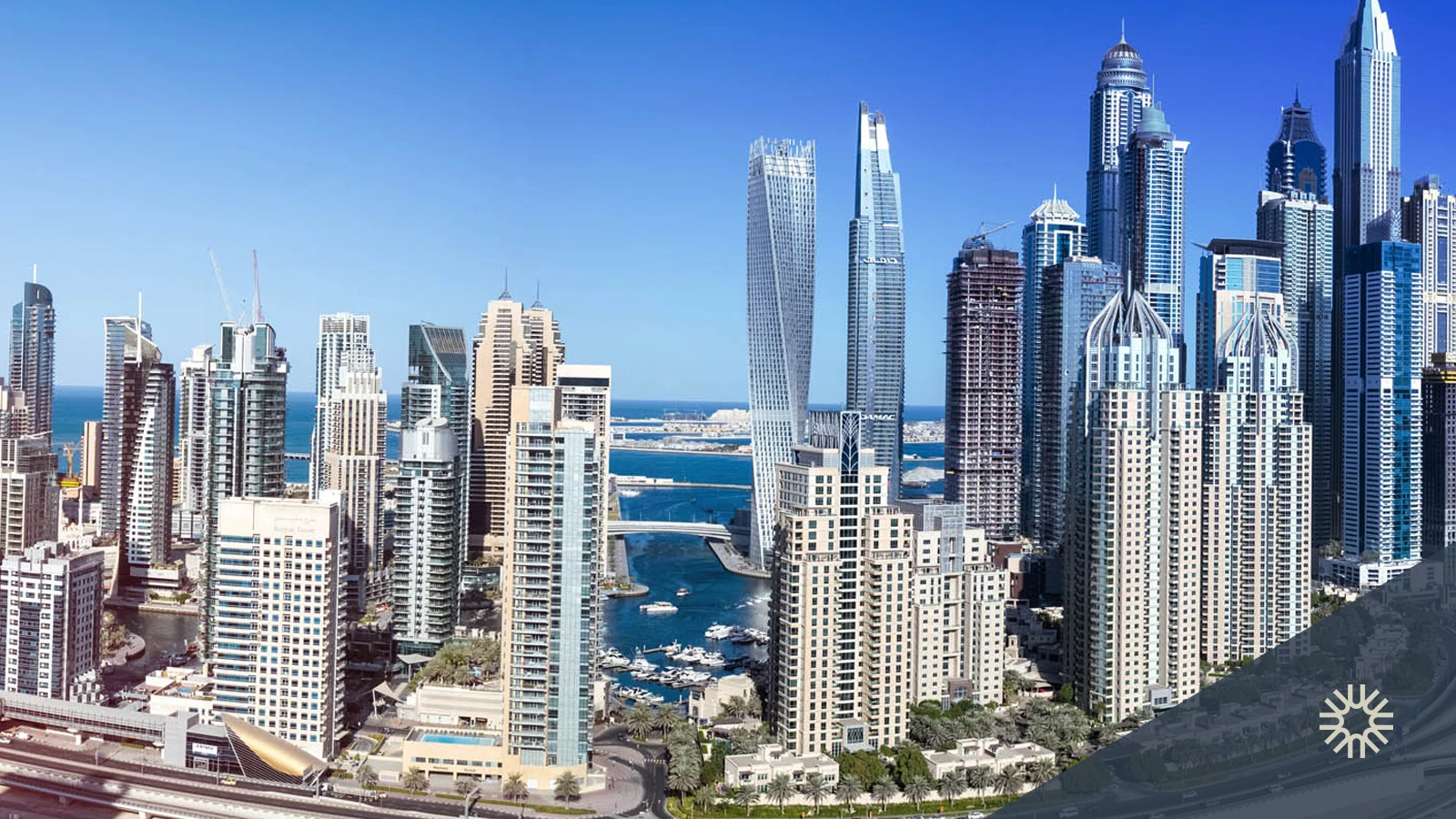Post-COP28 Effects: How Dubai’s Climate Commitments Are Reshaping Real Estate Development
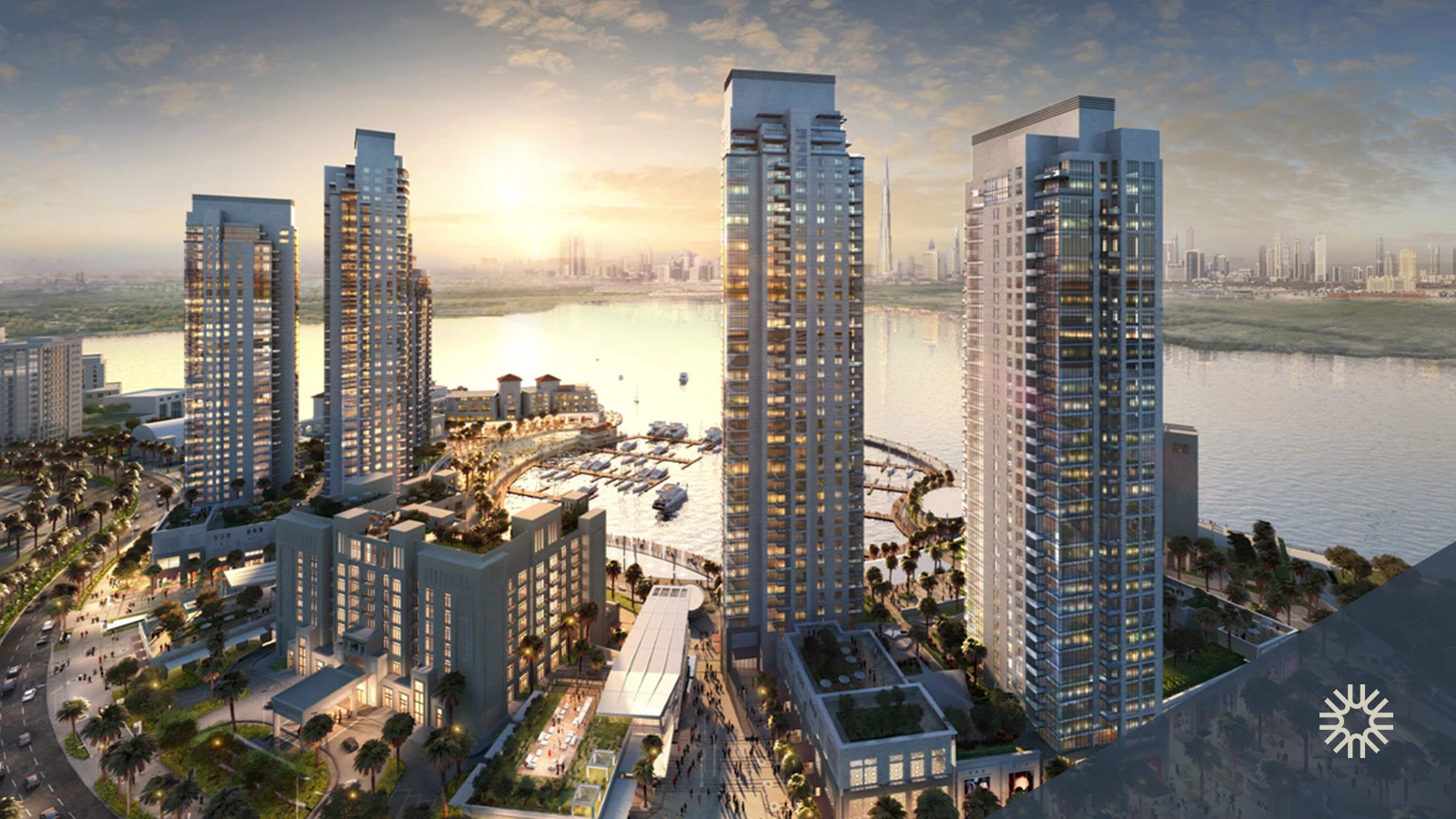
Dubai has never shied away from bold vision and post-COP28, that vision has taken a greener, more responsible shape. With the UAE hosting the globally significant climate summit, the ripple effects are being felt across every industry. For real estate, this has ushered in a new era of sustainability-first thinking. The city’s commitment to climate goals is no longer a peripheral discussion; it's now central to how developers design, build, and market properties.
As Dubai aligns itself with international climate strategies, real estate is being redefined not just by luxury or scale, but by environmental impact. From green building regulations to smarter energy use, what we’re witnessing is the start of a conscious transformation that will influence buyer preferences, developer strategies, and community planning for years to come.
Shifting Mindsets: From Glamour to Green
Historically, Dubai real estate has thrived on aspirational living iconic towers, waterfront marvels, and high-end branded residences. But after COP28, developers are facing a new set of expectations. It’s no longer just about where a property is located or how it looks. Buyers, particularly international investors are starting to question how sustainable a development truly is.
This shift isn't about abandoning luxury. Instead, it's about integrating environmental consciousness into that luxury. Rooftop solar panels, low-emission building materials, water recycling systems, and green community design are all becoming part of what defines the best real estate property in Dubai.
Greener Regulations, Smarter Development
One of the major outcomes of the UAE’s climate leadership at COP28 is the strengthening of sustainability frameworks within the real estate sector. Developers are now expected to align with enhanced green building codes and government-led climate action strategies. The Dubai Municipality, along with the Dubai Land Department, has begun to reflect these priorities through stricter approval processes and incentives for eco-conscious construction.
While this might appear as an added challenge to developers, it actually offers a long-term opportunity. Sustainable buildings are already proving to be more resilient, more cost-effective over time, and more appealing to environmentally aware buyers. In this evolving market, sustainability is no longer an optional upgrade; it's a critical value proposition.
The Rise of Eco-Communities
A clear manifestation of Dubai’s climate commitments can be seen in the rise of wellness-focused, low-impact communities. These aren’t just greenwashed slogans on brochures; they represent a genuine rethinking of how urban living should work in the Middle East’s harsh climate. Think shaded pedestrian paths, car-free zones, renewable energy grids, and smart irrigation systems.
As developers compete to offer the top real estate properties in Dubai, they’re increasingly looking toward nature-inspired masterplans. We’re now seeing projects that prioritize biodiversity, preserve native plant species, and create microclimates through intelligent landscaping. These aren’t trends; they are becoming foundational design elements driven by Dubai’s post-COP28 sustainability roadmap.
Energy Efficiency and Tech Integration
The tech-savvy nature of Dubai's real estate sector has always been a strength. Post-COP28, this advantage is being steered in a new direction: reducing carbon footprints. Smart home systems that were once used to adjust lighting and control curtains are now being optimized for serious energy savings. AI-driven climate control, real-time consumption monitoring, and smart energy distribution are becoming staples in new developments.
This transition also appeals to younger and tech-oriented buyers, many of whom are early adopters of climate-conscious lifestyles. For these demographics, energy-efficient living isn’t just a perk; it’s an expectation. To remain relevant, developers must prioritize such innovations or risk being left behind in an evolving Dubai real estate market.
Investment Perspectives: A Sustainable Shift
For investors, the implications of Dubai’s climate commitments go beyond green credentials. There's now a direct correlation between sustainability and asset value. Properties that meet ESG (Environmental, Social, and Governance) benchmarks are increasingly favored in institutional portfolios. Furthermore, many international buyers, especially from Europe and Asia, are now looking for real estate property for sale in Dubai that aligns with their ethical investment goals.
Developments that incorporate eco-friendly infrastructure, renewable energy access, and environmental resilience are likely to see better long-term returns, improved rental yields, and stronger tenant retention. The post-COP28 era is, in effect, creating a whole new investment category: future-proof real estate.
The Developer's Challenge and Opportunity
It’s easy to think of climate commitments as pressure on the developer’s bottom line. But in reality, this is a chance to lead rather than follow. The most successful developers in the coming years won’t be those who merely comply with new standards; they’ll be the ones who innovate beyond them.
Whether it’s building carbon-neutral towers, integrating vertical farming into residential layouts, or developing entire districts that function off-grid, the scope for innovation is immense. Dubai is offering developers a unique stage, a place where bold climate action can coexist with cutting-edge design and luxurious living. Those who seize this moment are likely to shape not just properties, but future cities.
What This Means for Buyers and End Users
If you're a buyer looking at the best real estate property in Dubai today, climate alignment should be one of your primary filters. This goes beyond saving on utility bills; it's about investing in homes that are built to last and thrive amid shifting environmental conditions.
Dubai’s real estate market is entering a new maturity phase. Post-COP28, we’re seeing the rise of more informed buyers who care about both lifestyle and longevity. Developers who transparently communicate their sustainability efforts and who can prove these efforts aren't superficial will win the loyalty of this emerging buyer class.
Conclusion: The New Face of Dubai Real Estate
Dubai’s climate commitments, shaped and spotlighted during COP28, are not short-term PR moves. They are driving a profound shift in how real estate is conceived, delivered, and experienced. For investors, developers, and homeowners alike, this means reimagining the city not just as a global icon of architecture, but as a sustainable habitat for generations to come.
As Dubai continues to lead on climate innovation, expect its real estate sector to become a benchmark for sustainable luxury and resilient living. This is more than a trend, it's a transformation.
Want to explore how these trends could shape your next property decision?
Visit our main blog page for the latest insights, expert perspectives, and future-ready real estate opportunities in Dubai.
Table Of Content
- Shifting Mindsets: From Glamour to Green
- Greener Regulations, Smarter Development
- The Rise of Eco-Communities
- Energy Efficiency and Tech Integration
- Investment Perspectives: A Sustainable Shift
- The Developer's Challenge and Opportunity
- What This Means for Buyers and End Users
- Conclusion: The New Face of Dubai Real Estate
- Shifting Mindsets: From Glamour to Green
- Greener Regulations, Smarter Development
- The Rise of Eco-Communities
- Energy Efficiency and Tech Integration
- Investment Perspectives: A Sustainable Shift
- The Developer's Challenge and Opportunity
- What This Means for Buyers and End Users
- Conclusion: The New Face of Dubai Real Estate
